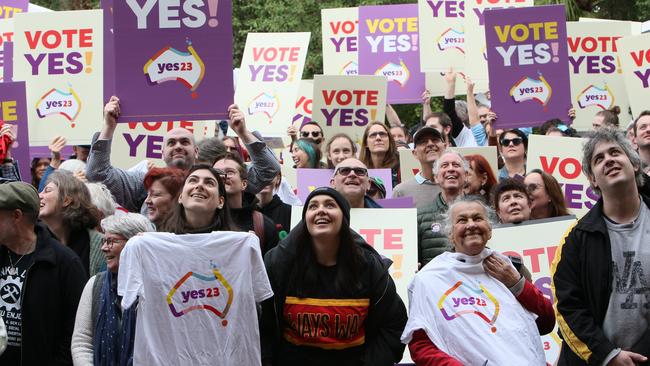
The voice to parliament and government will be an Indigenous consultative body tasked with providing information, suggestions and feedback to policymakers about matters that affect Indigenous Australians so we can improve the health, employment, education, housing, justice and safety outcomes of Indigenous Australians.
If you are not an Indigenous Australian, then there is much to gain by supporting this straightforward constitutional change. It will mean the sums of money allocated to programs for Indigenous Australians is more effectively targeted, benefiting from ground-up advice about what works and what does not.
It will also mean, as Noel Pearson has long argued, there is a new layer of accountability and responsibility about the allocation of public resources towards initiatives that are meant to close the gap between Indigenous and non-Indigenous Australians on vital health, social and economic indicators.
The voice, made up of representatives from Indigenous communities around Australia, will be transparent in its advice tendered to government and parliament, and ultimately responsible with policymakers for improving outcomes over time. The annual Closing the Gap reports will become a report card for the work of the voice.
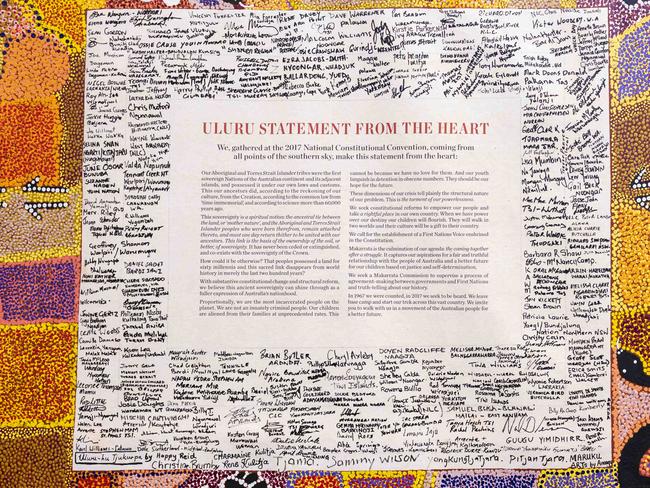
So, if you want public moneys to pay a greater dividend by seeing more Indigenous children educated, less substance abuse and welfare dependency, more women living in safe and secure homes, less unemployment and more Indigenous entrepreneurs, and fewer men and boys in detention, then vote Yes for the voice to parliament. Because here is the thing: if you vote No, you are voting for nothing to change. This proposal for an Indigenous advisory body is all there is on offer. There is no second referendum. There is no alternative proposal to help alleviate systematic entrenched disadvantage. This is it.
The constitutional referendum is a once-in-a-generation opportunity to turn the corner on these terrible statistics, written with human misery and government policy failure year after year and in report after report, and script a new chapter in the Australian story. It should be a moment of pride, of hope and about the past but focused on the future.
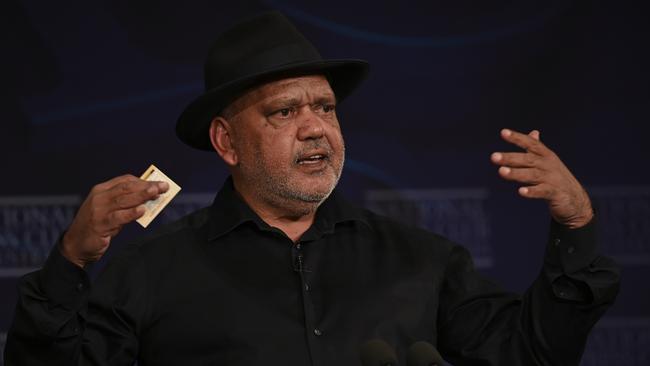
This referendum is a chance at symbolic reconciliation and practical reconciliation, joining the false divide that has often characterised debate towards Indigenous Australians. Recognising 60,000 years of continuous culture and tradition in the founding document of Australia is an act of both recognition and reconciliation.
But it is not merely symbolic, it is practical too. By enshrining an Indigenous advisory body in the Constitution, it means the idea cannot be abolished. Future parliaments and governments must have a formalised body made up of Indigenous Australians, chosen by Indigenous Australians, to provide advice on matters that affect them.
It is only advice. Whether or not the advice is followed or rejected will depend on the quality of that advice. The genius of this proposal is that the parliament, the elected representative body of all Australians, remains supreme. It will have the power to decide how the voice is structured and how it works. If it does not operate effectively, parliament can abolish it and form a new advisory body. The referendum only provides the opportunity for First Australians to be heard.
This is the message of the Uluru Statement from the Heart, a short one-page document developed after extensive consultation with Indigenous Australians that extended a hand of friendship and reconciliation to all Australians. It is a document that eloquently made the case for a future with hope and opportunity for all.
The integrity of this proposal and its compatibility with our Constitution and system of government have been endorsed by former High Court judges, our premier law societies and most eminent constitutional scholars. So there is nothing to fear with this change to our Constitution. It is far from radical or revolutionary. The parliament cedes no decision-making power to the voice.
The No camp is led by populist reactionary conservatives, many of whom have been propagating lies and misinformation about the voice, and some have peddled unadulterated racism. It has been sickening to observe organisations such as CPAC Australia provide a platform for bigotry. And dangerous to see them attack the integrity of the Australian Electoral Commission.
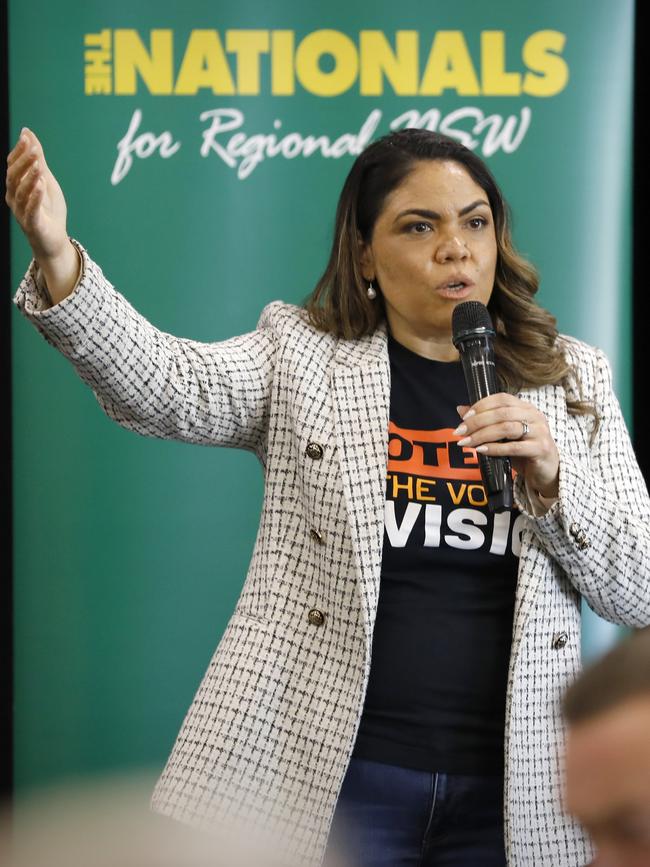
There is no agreed alternative pathway for reconciliation and recognition offered by the No camp. Its leading proponents, including Warren Mundine, Jacinta Nampijinpa Price, Peter Dutton and David Littleproud, disagree on treaties, alternative voice bodies and a future, recognition-only referendum. They cannot explain how defeating this referendum will make Indigenous Australians better off.
As I have noted in previous columns, the referendum does not inject racial division in the Constitution; it is already there in sections 51 (xxvi) and 25. It does not confer a special class of citizenship; we have long recognised the traditions and cultures of First Australians in legal judgments, laws and programs. Nor will the voice lead to endless litigation, with former High Court chief justice Robert French explaining there is “little or no scope” for this.
This referendum is about recognising Aboriginal and Torres Strait Islander Australians in the Constitution and establishing an advisory body to improve policy outcomes. It is about listening to and respecting them and their unique place in the story of this continent. It is an act of reconciliation. And it offers a chance for all of us to embrace change for a better future for all Australians.



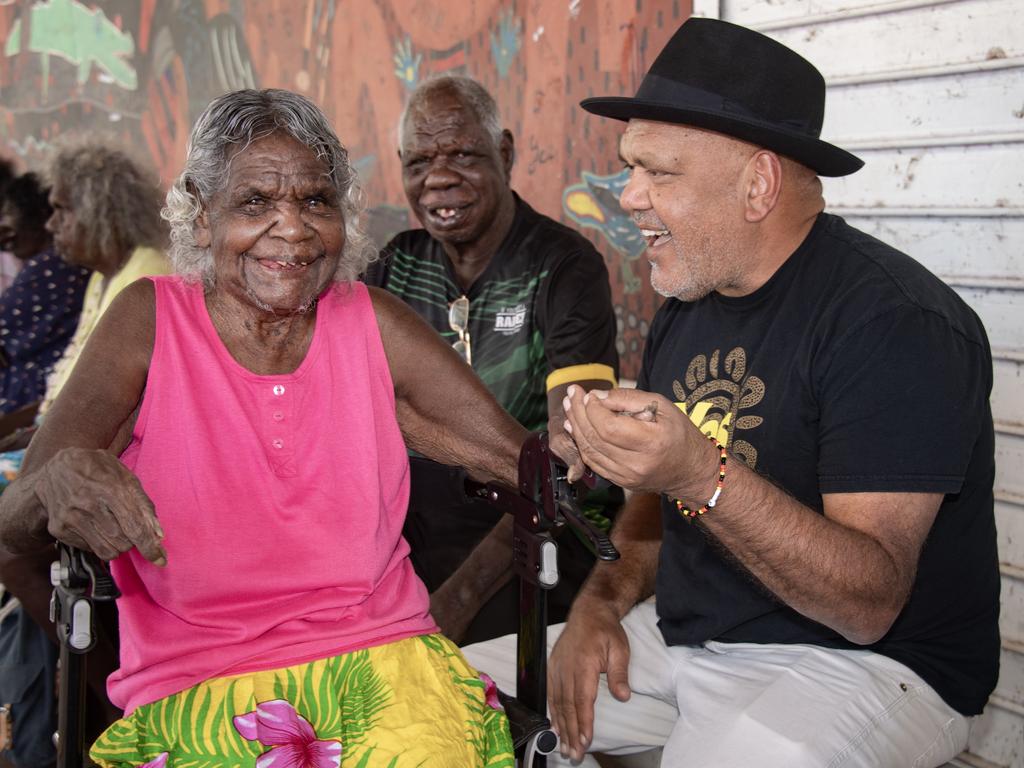
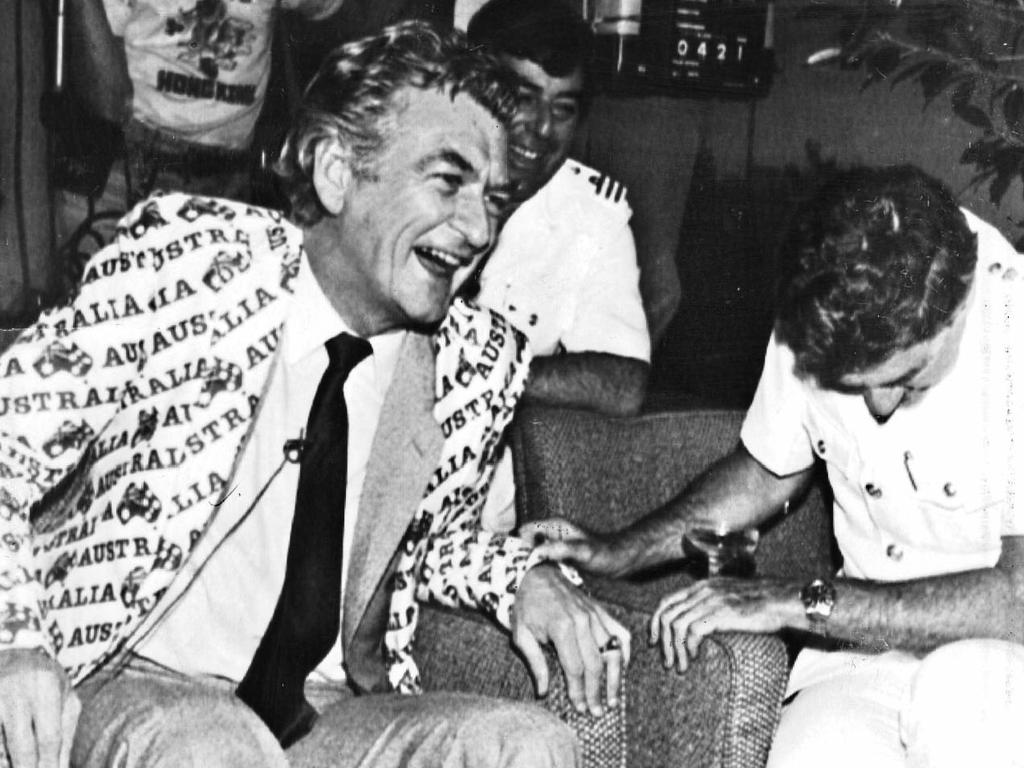
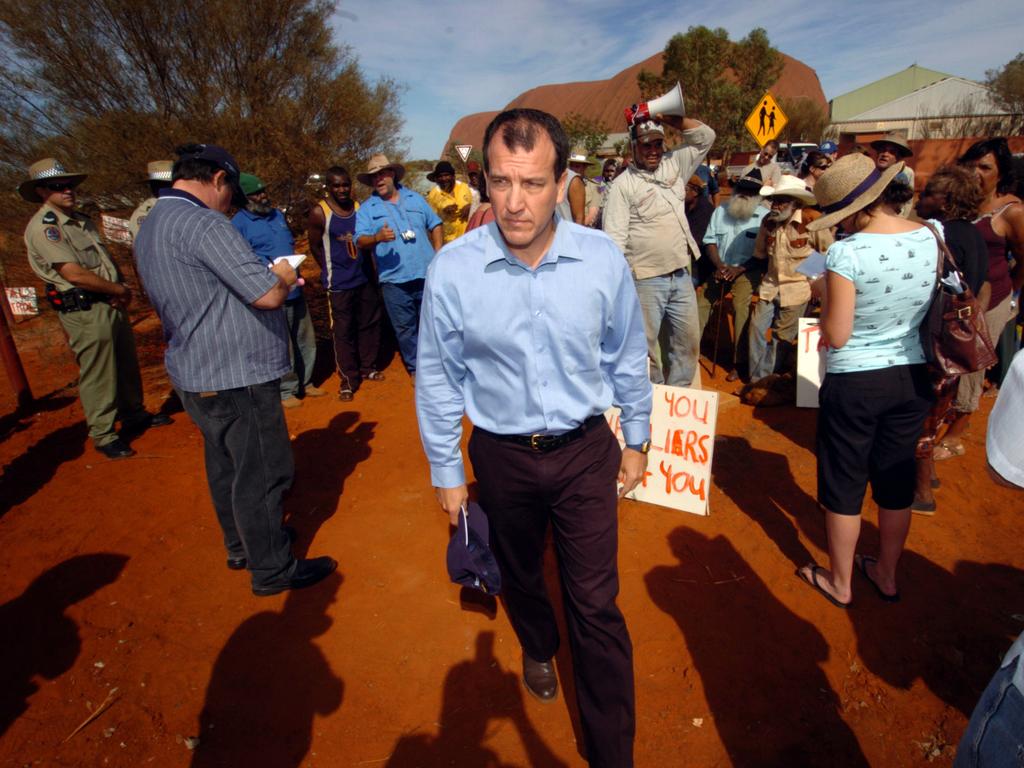


With voting on the referendum to establish a voice to parliament under way, now is the time for those who are planning to vote No to reconsider and vote Yes, ignoring the shrill calls to war and rage, and embrace this simple, modest, low-risk constitutional change that will enlarge and uplift our nation, and reconcile us with the past.